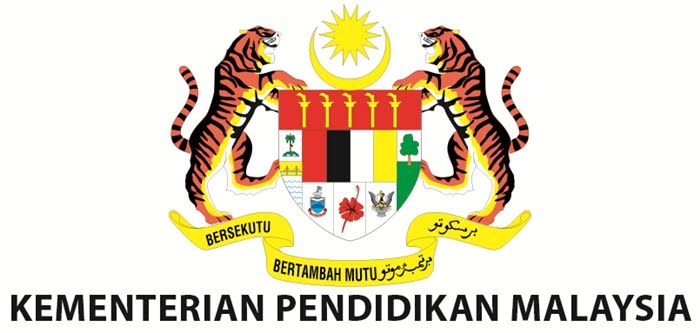We were discussing Transparency International’s Global Corruption Barometer Survey 2013 which was released on July 9, in particular the revelations about corruption in Malaysia.
I pointed out that 79 per cent of the 1,000 Malaysians polled by Transparency International had said they would report any incident of corruption and 87 per cent had agreed that the ordinary citizen could play a role in stopping the spread of this malignant monster.
Also, I hastened to add, only three per cent had said they had paid a bribe to get something or other done over the past 12 months. That, I observed, is so much better than in many other nations.
Stabbing me with a sardonic look, he said: “Stop talking like a Barisan Nasional man.” I protested, but he continued: “The survey shows Malaysians are losing confidence in the government’s efforts to fight corruption. It shows that corruption has in fact increased.”
He pointed to the part of the report which said that on a scale of 0 to five, with five being “extremely corrupt”, the police scored 4.0, political parties 3.8 and civil servants 3.3.
Asked if corruption had increased, remained the same or decreased over the past two years, 12 per cent of Malaysians said it had “increased a lot”, 27 per cent that it had “increased a little” , 47 per cent that it remained the same and only 14 per cent that it had “decreased a little”. No one said it had “decreased a lot”.
According to the report, 76 per cent of Malaysians say the police department is corrupt, 69 per cent say political parties are corrupt, 44 per cent say parliament and the legislature is most affected by corruption, 46 per cent say public officials and civil servants are corrupt, and 40 per cent say business is rife with corruption.
More worrying perhaps is that 35 per cent of Malaysians think the judiciary is corrupt and 10 per cent say the military is tainted by corruption.
“Can you see this? It is bad enough that the police department is seen as corrupt, even the judiciary is seen that way. And some Malaysians have said they had paid bribes to not only the police but also to the judiciary.
“If even the judiciary is compromised, we are in deep trouble. Can you see the ramifications of a large section of the population distrusting the judiciary? Already some people think the courts have become politicised,” said Arif.
I had to agree with Arif on this score. If people lose trust in institutions such as the police, courts and the military – institutions that society establishes to protect its members, institutions central to integrity and accountability and justice – that society is in trouble.
I said the government had indicated that it would take the report seriously. I suggested that we should give it some time, especially since former Transparency International Malaysia head Datuk Paul Low had been appointed as Minister in the Prime Minister’s Department.
Arif was sceptical. “This is not something new. Transparency International has been coming out with these reports for years. But what has the government done about it?”
Very true. In 2007, a similar report by the non-governmental organisation showed that only 47 per cent of Malaysians considered the government effective in the fight against corruption. In 2010, the figure was 49 per cent but in the latest report, it was a mere 31 per cent.
Then, too, police were ranked as the most corrupt, followed by political parties.
Together with the measures that the government says it is taking to combat corruption, it is time, I feel, for the introduction of a Right to Information Act.
About 95 nations already have such a law. It provides for the disclosure of information by public authorities and those who provide services to the government.
This would make the government more open, and transparency, we know, is the greatest enemy of corruption.
An informed citizenry will be better able to work with the public sector to reduce wastage in any form. Investors, too, will look at Malaysia more kindly because they will know that someone with discretionary powers will not be able to ride roughshod over them or demand kickbacks.
With greater transparency, there is likely to be an improvement in public sector service delivery, too.
With the availability of the Internet, it should not be too difficult for the government to share information about its plans and decisions – including projects and funding information -- with citizens, and to seek feedback.
Two states already have such laws. The Selangor state government passed the Freedom of Information Enactment (Selangor) 2010 in April 2011 and Penang passed a similar law in November 2011.
The question is whether the Federal Government is willing to pass such a law – for it will not only ensure greater transparency but also result in deeper scrutiny of its workings.
Any government which cares for good governance and which carries out its functions for the good of its citizens should not have a problem promulgating such a law.

























 Kota Baharu Time
Kota Baharu Time
No comments:
Post a Comment